Disclaimer: Moving Health Care Upstream is a collaborative effort originally co-led by Nemours Children’s Health System (Nemours) and the Center for Healthier Children, Families & Communities at the University of California- Los Angeles (UCLA). The views and opinions expressed in this article are those of the author(s) and do not necessarily reflect the official policy or position of Nemours, UCLA or the Moving Health Care Upstream initiative.
In Fall 2019, with support from The Kresge Foundation, Nemours Children’s Health System launched a two-year project exploring how health care organizations acting as integrators can join, catalyze and sustain cross-sector networks working on shared population health goals.
Since launch, we have shared periodic updates. (See blog posts from May 2019 and February 2020).
In this update, we’re pleased to announce the release of an issue brief- “Preliminary Findings on the Role of Health Care in Multi-Sector Networks for Population Health: Notes from the Field.”
The issue brief flows from the first wave of work within the two-year project: Beginning in early 2019, we scanned the literature and conducted formal interviews with 40 national experts (representing 30 organizations) who have insights related to integrative roles and functions within multi-sector population health networks, as well as the ways health care is involved in carrying out these roles and functions in support of networks’ shared goals. The themes from the interviews and literature scan are captured in the brief, presented as:
- Findings: What early lessons can be learned from the 40 interviews with field leaders?
- Focus on Success: What communities can we look to for work that illustrates the findings presented in this brief?
- Recommendations: What are the implications of these learnings for the field?
Themes and recommendations from the interviews were also used to inform content and structure of Nemours’ 2020 Integrator Learning Lab – a six-month technical assistance model in which multi-sector teams (including health care organizations) working on shared population health goals have an opportunity to receive self-directed resources, coaching, and technical assistance on issues presenting challenges to their team. The 2020 Integrator Learning Lab will focus on strengthening the use of integrative roles and functions within cross-sector networks in order to accelerate work toward the shared population health goals of the network. Future updates to the field will capture lessons learned and resources from the Integrator Learning Lab.
To learn more about the Exploring the Roles & Functions of Health Systems within Population Health Integrator Networks initiative, please visit our project web pages.
